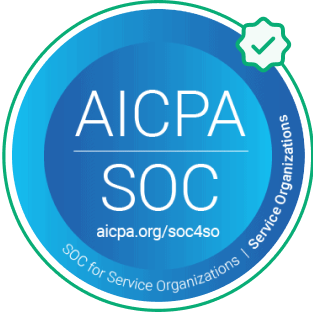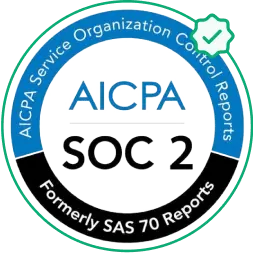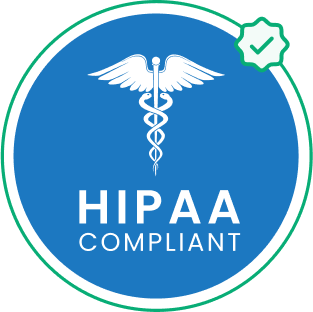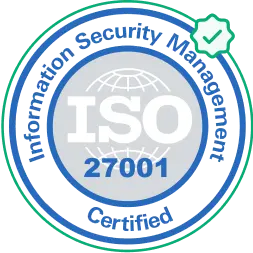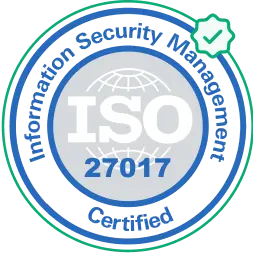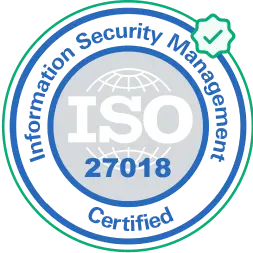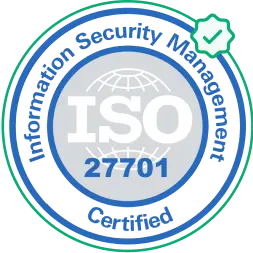What is employee management?
Employee management is aimed at helping employees perform optimally and help the organization achieve its goals. At a broad level, it comprises of employee selection, monitoring, interaction, rewards, and establishing discipline.Whether or not employee management is successful depends on managers and how well they do in their role as coaches. It is usually up to the managers to build trust and motivate employees to align their goals with that of the organization.Not to be confused with:
employee monitoring
Employee monitoring involves the use of digital mediums to track work, performance, and the overall progress of employees.
Not to be confused with:
How can you create an effective employee management strategy?
An employee management process that features the following components can optimize employee performance, recognize their achievements, engage them, and create the right kind of work environment.Establish goals and performance objectivesClearly outlined goals and objectives give an employee the necessary kick-start in an organization. Be it through charts, periodic emails, or frequent check-ins, organizations as a whole and managers in particular need to be crystal clear with employees when it comes to goals and objectives.Timely performance feedbackHonest feedback recognizes achievement and highlights the areas that have a scope for improvement. Organizations need to frequently gauge work progress and provide honest feedback to employees. Real-time feedback, when integrated into company culture, helps employees align themselves with the organization’s goals.Regular meetings to discuss outcomesProgress meetings help assess how things are going with regard to the goals and objectives. Progress meetings can be weekly, monthly, or fortnightly, depending on how it suits the organization. However, it is essential that these meetings include recognition of achievement, devising a plan to deal with weak areas, and a discussion on future projects.

